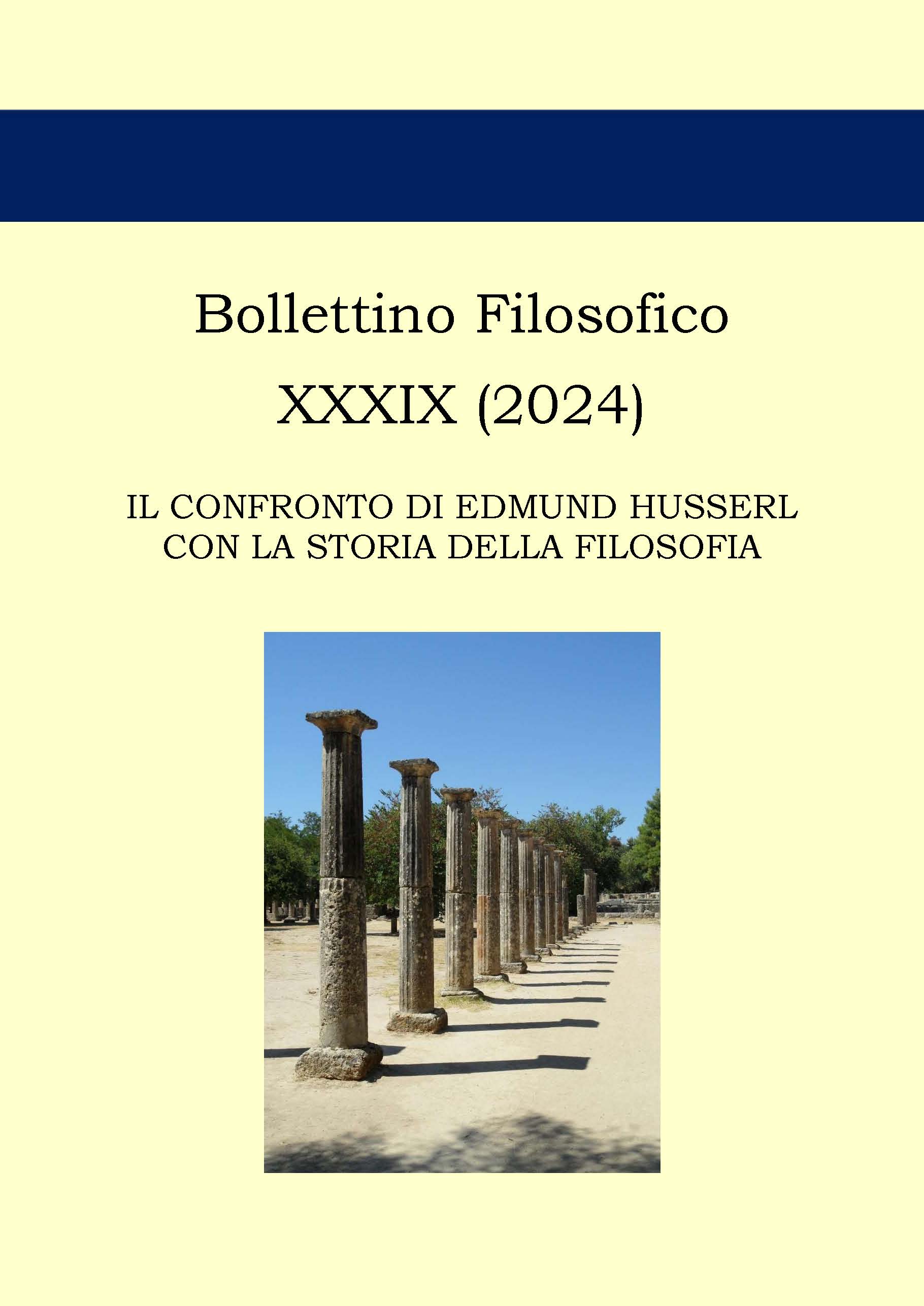Immanence, Ideality and Inclusion: Husserl as Berkeley Reader
DOI:
https://doi.org/10.6093/1593-7178/11399Abstract
This article examines the relationship between Husserlian phenomenology and Berkeley’s empiricism and attempts to reconstruct the reasons why, despite the untenable nature of Berkeley’s immaterialism, Husserl recognizes nevertheless its crucial importance for the idea of phenomenology. First, the paper shows that Berkeley’s intermediate position between Locke and Hume enables Husserl to see in his empiricism a philosophy of pure immanence capable of raising the question of the foundation of transcendence without falling into skepticism. It then shows that Berkeley’s phenomenological critique, on both sides of the transcendental turn, relies on the idea of intentional content to demonstrate that ideality can be included in this immanence without being reduced to one of its parts.
Keywords: Berkeley, Husserl, Immanence, Ideality, Inclusion
Downloads
Downloads
Published
How to Cite
Issue
Section
License
The author retains the copyright of his work whilst granting anyone the possibility “to reproduce, distribute, publicly communicate, publicly exhibit, display, perform and recite the work”, provided that the author and the title of the journal are cited correctly. When submitting the text for publication the author is furthermore required to declare that the contents and the structure of the work are original and that it does not by any means compromise the rights of third parties nor the obligations connected to the safeguard of the moral and economic rights of other authors or other right holders, both for texts, images, photographs, tables, as well as for other parts which compose the contribution. The author furthermore declares that he/she is conscious of the sanctions prescribed by the penal code and by the Italian Criminal and Special Laws for false documents and the use false documents, and that therefore Bollettino Filosofico is not liable to responsibilities of any nature, civil, administrative or penal, and that the author agrees to indemnify and hold Bollettino Filosofico harmless from all requests and claims by third parties.

